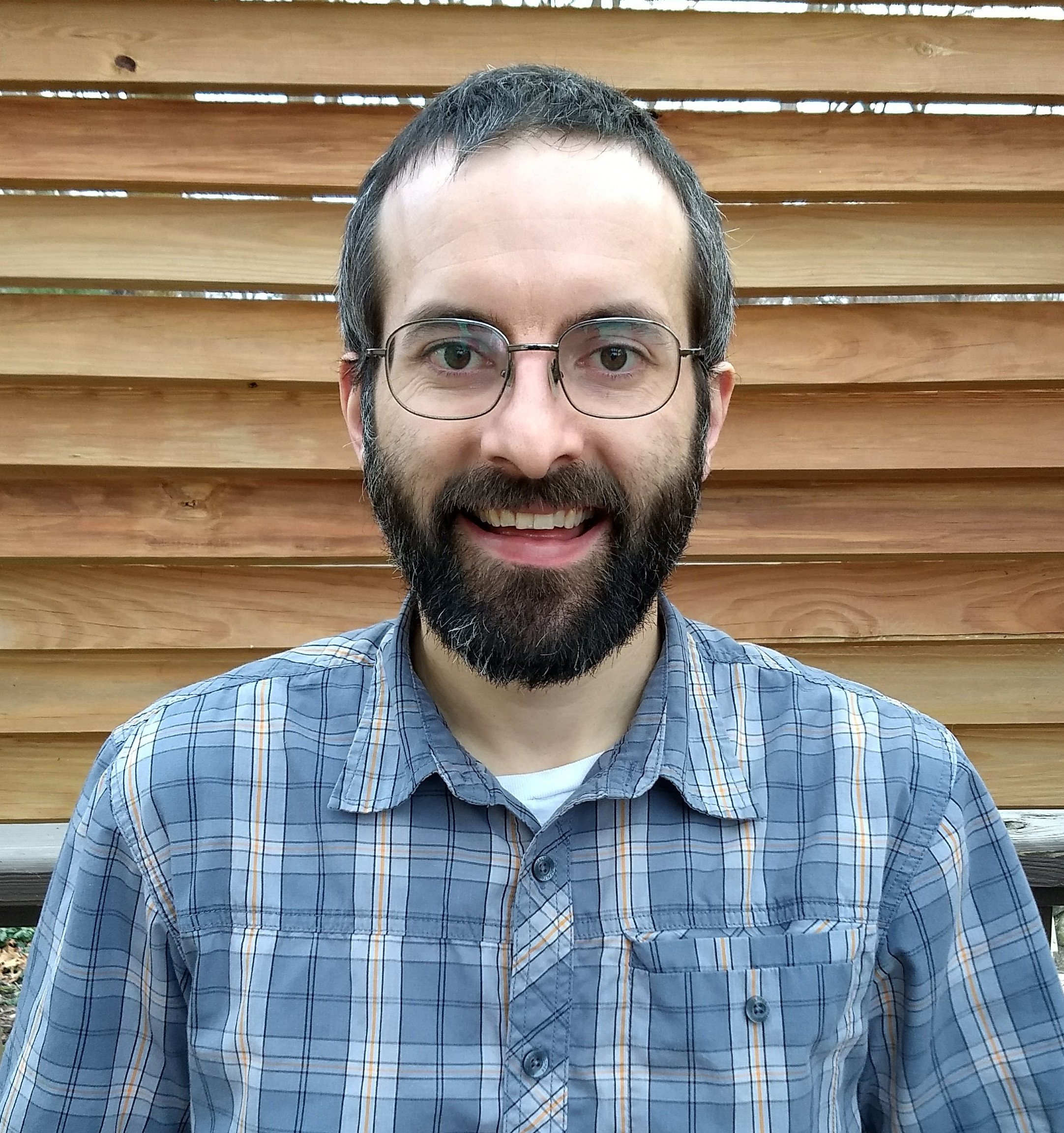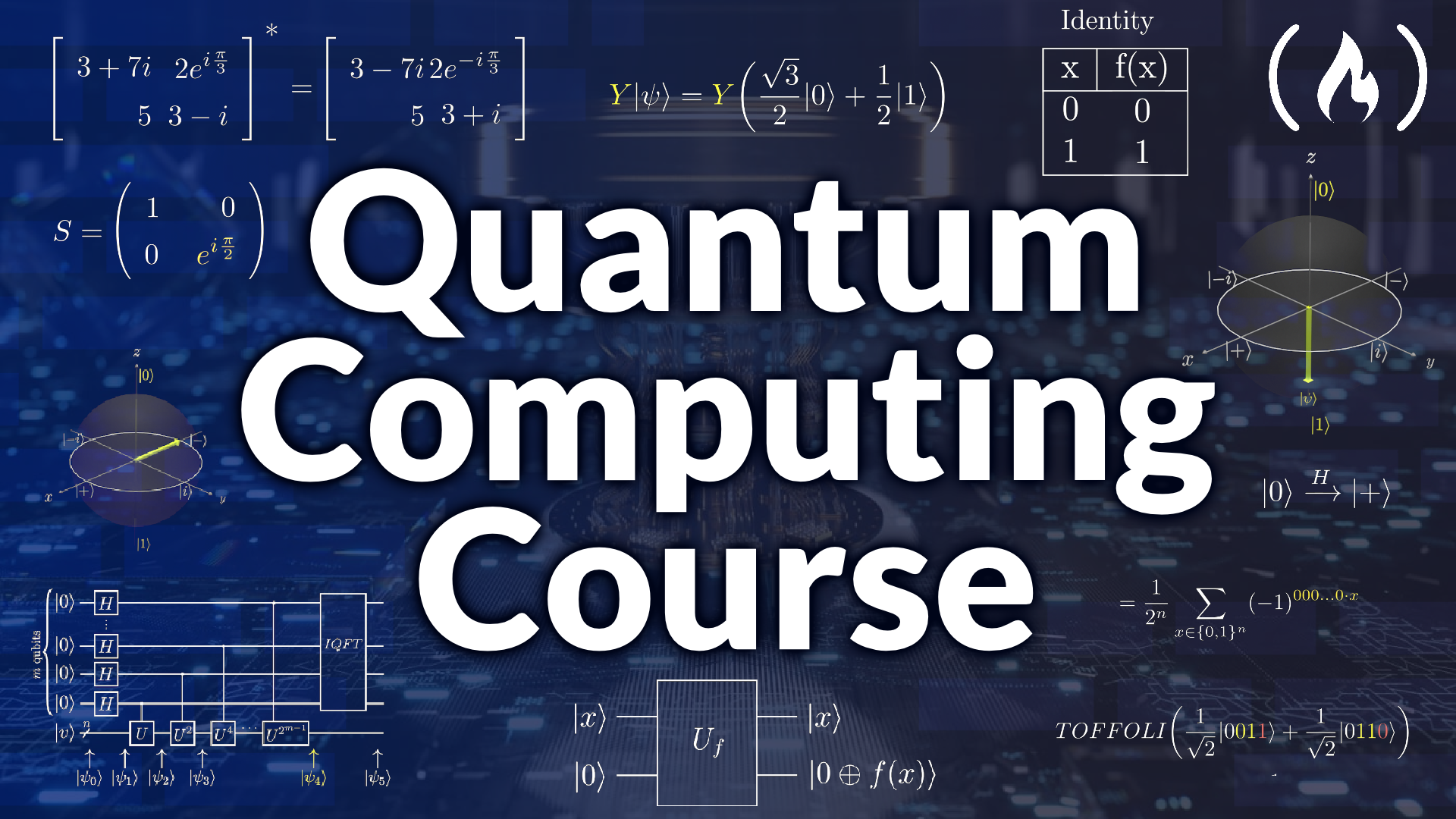Quantum computing leverages the principles of quantum mechanics to process information at incredible speeds.
We just posted a Quantum Computing course on the freeCodeCamp.org YouTube channel. This course, created by Michael from Quantum Soar, is designed to provide a solid foundation in quantum computing, guiding you from the basics to a thorough understanding of popular quantum algorithms.
Unlike classical computers, which use bits as the smallest unit of data (0 or 1), quantum computers use qubits. Qubits can represent and store data in multiple states simultaneously thanks to a property known as superposition. Additionally, quantum entanglement allows qubits that are entangled to be correlated in such a way that the state of one qubit can depend on the state of another, even across large distances. These properties enable quantum computers to solve certain types of problems much more efficiently than classical computers.
Here are some reasons you may want to learn about Quantum Computing:
Future Technology: Quantum computing is at the forefront of technological innovation. Learning about it now can place you ahead of the curve as the field grows.
Problem-Solving: Quantum computers are capable of solving complex problems in areas such as cryptography, optimization, and simulations, which are currently beyond the reach of classical computers.
Career Opportunities: As quantum computing technology evolves, there will be an increasing demand for professionals with expertise in this field.
Intellectual Challenge: Understanding quantum computing involves grasping complex mathematical and physical concepts, which could be a rewarding intellectual challenge.
The course is divided into two main sections: foundational mathematics and the mechanics of quantum computers. Here’s what you can expect:
Section 1: Essential Mathematics
0.1 Introduction to Complex Numbers
0.2 Complex Numbers on the Number Plane
0.3 Introduction to Matrices
0.4 Matrix Multiplication to Transform a Vector
0.5 Unitary and Hermitian Matrices
0.6 Eigenvectors and Eigenvalues
Section 2: Mechanics of Quantum Computers
1.1 Introduction to Qubits and Superposition
1.2 Introduction to Dirac Notation
1.3 Representing a Qubit on the Bloch Sphere
1.4 Manipulating a Qubit with Single Qubit Gates
1.5 Introduction to Phase
1.6 The Hadamard Gate and +, -, i, -i States
1.7 The Phase Gates (S and T Gates)
Advanced Topics and Algorithms
2.1 Representing Multiple Qubits Mathematically
2.2 Quantum Circuits
2.3 Multi-Qubit Gates
2.4 Measuring Singular Qubits
2.5 Quantum Entanglement and the Bell States
2.6 Phase Kickback
3.1 Superdense Coding
3.2.A Classical Operations Prerequisites
3.2.B Functions on Quantum Computers
3.3 Deutsch's Algorithm
3.4 Deutsch-Jozsa Algorithm
3.5 Bernstein-Vazirani Algorithm
3.6 Quantum Fourier Transform (QFT)
3.7 Quantum Phase Estimation
3.8 Shor's Algorithm
This comprehensive course is a great opportunity to get acquainted with the world of quantum computing. By the end of the course, you will have a strong understanding of both the theoretical and practical aspects of quantum computing.
Watch the full course on the freeCodeCamp.org YouTube channel (2-hour watch).

